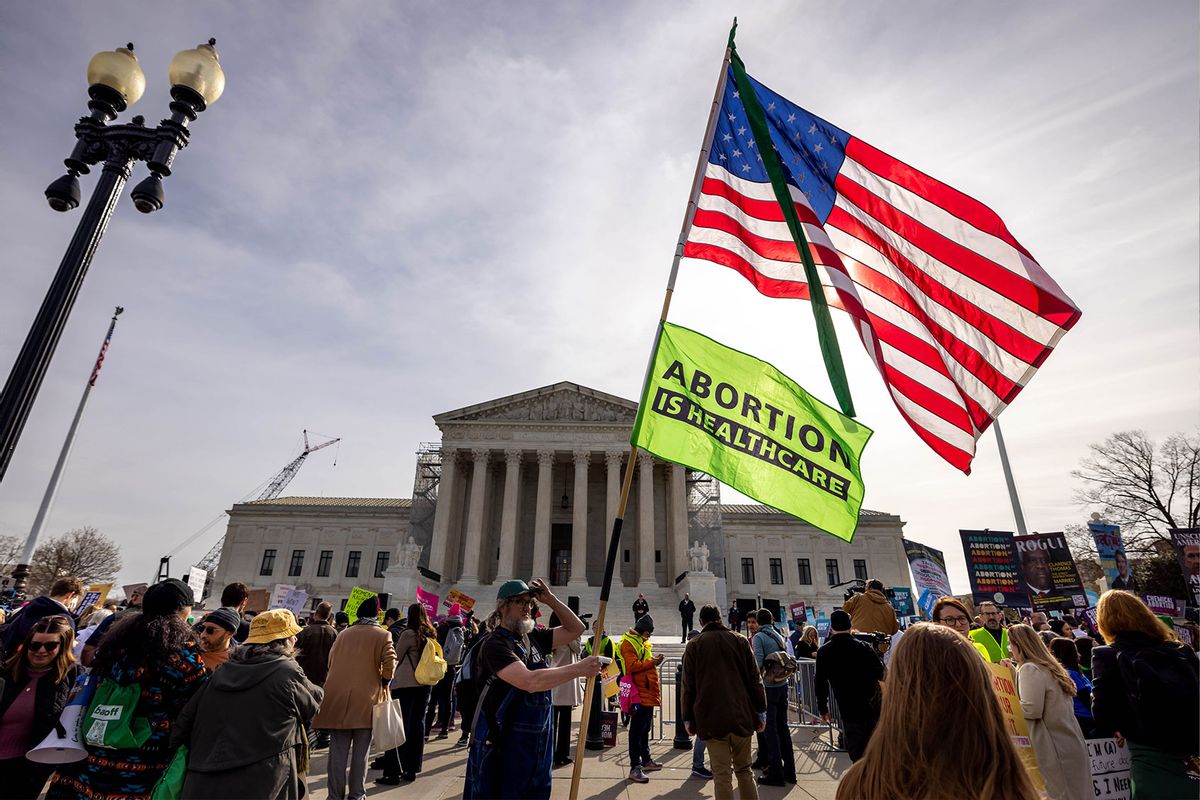A new study published by scientists at Tulane University in Louisiana found that pregnant women in anti-abortion states face an increased likelihood of experiencing intimate partner homicide. Since the Dobbs decision overturned Roe v. Wade, which provided Americans with the constitutional right to access abortion care, more states have enacted TRAP laws, which stands for targeted regulation of abortion providers. According to Guttmacher Institute, 23 states in the U.S. have laws or policies that regulate abortion providers.
In the study, published in the peer-reviewed health care journal Health Affairs, researchers looked at data from 2014 to 2020 to observe the connection between anti-abortion laws and intimate partner violence before Dobbs. Homicide is the leading cause of death for pregnant and postpartum women in the United States. The researchers found that the enforcement of one TRAP law was linked to a 3.4 percent increase in the rate of intimate partner violence-related homicides.
“We estimated that 24.3 intimate partner violence–related homicides of women and girls ages 10–44 were associated with TRAP laws implemented in the states and years included in this analysis," the researchers wrote. “Assessment of policies that restrict access to abortion should consider their potential harm to reproductive-age women through the risk for violent death.”
Read more
about abortion
- Will Roe v. Wade ever be restored? How certain legal challenges could reinstate abortion protections
- How the Texas trial changed the story of abortion rights in America
- In Wisconsin, women’s health care is constricted by an 1849 law. These doctors are aghast
- Groups sue to overturn Idaho "abortion trafficking" law targeting teens



Shares